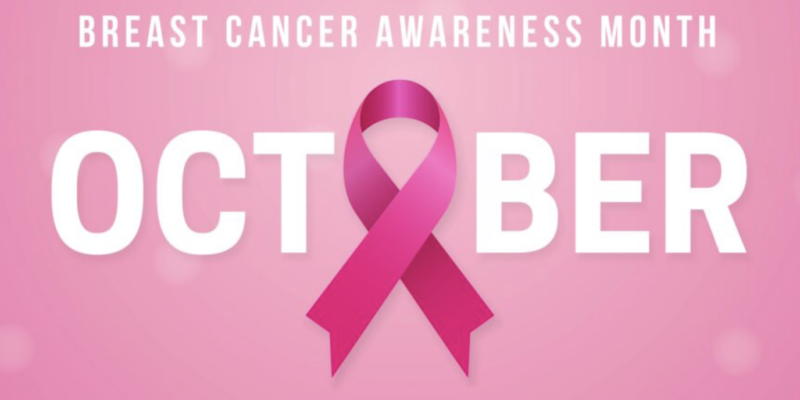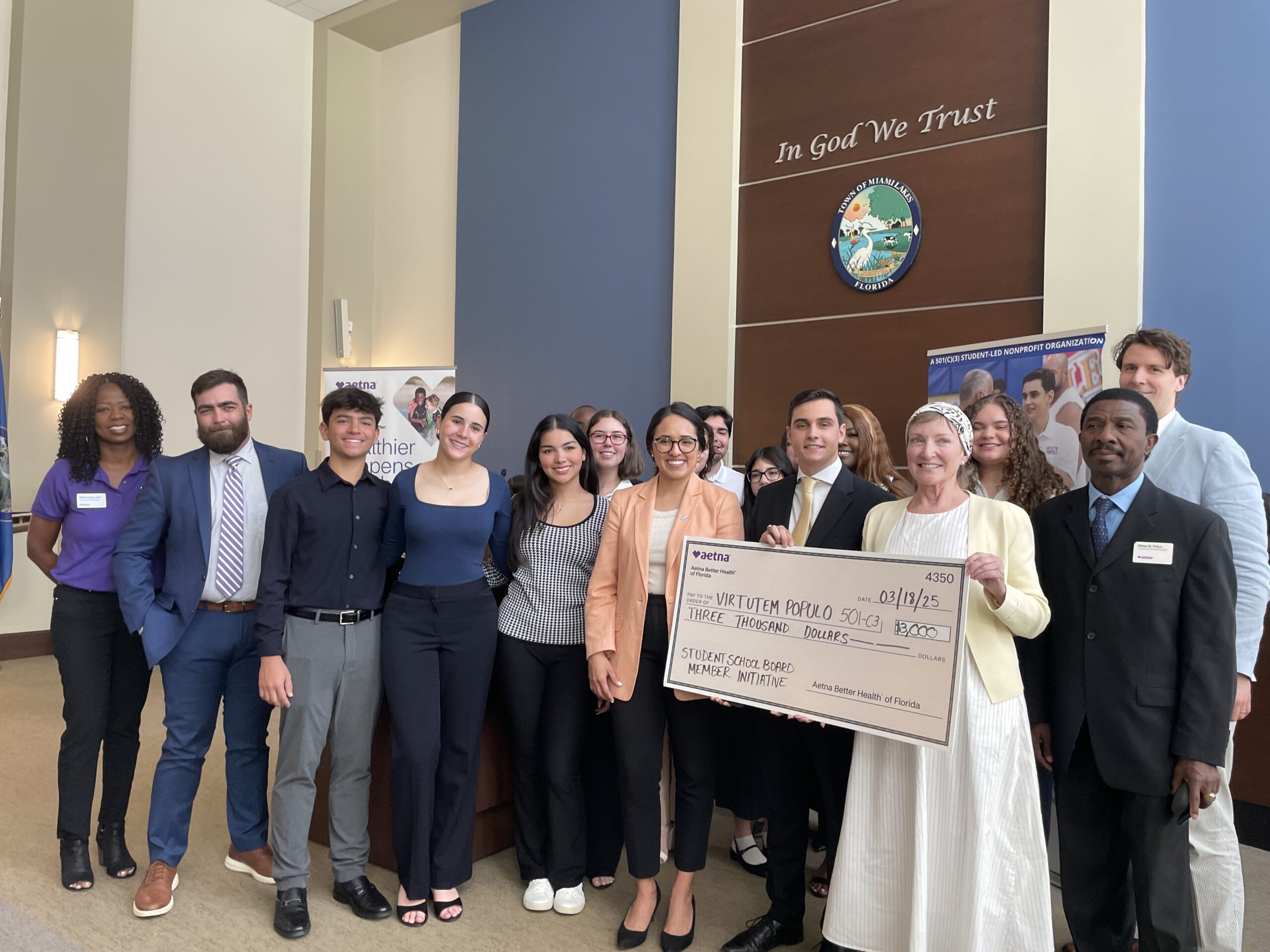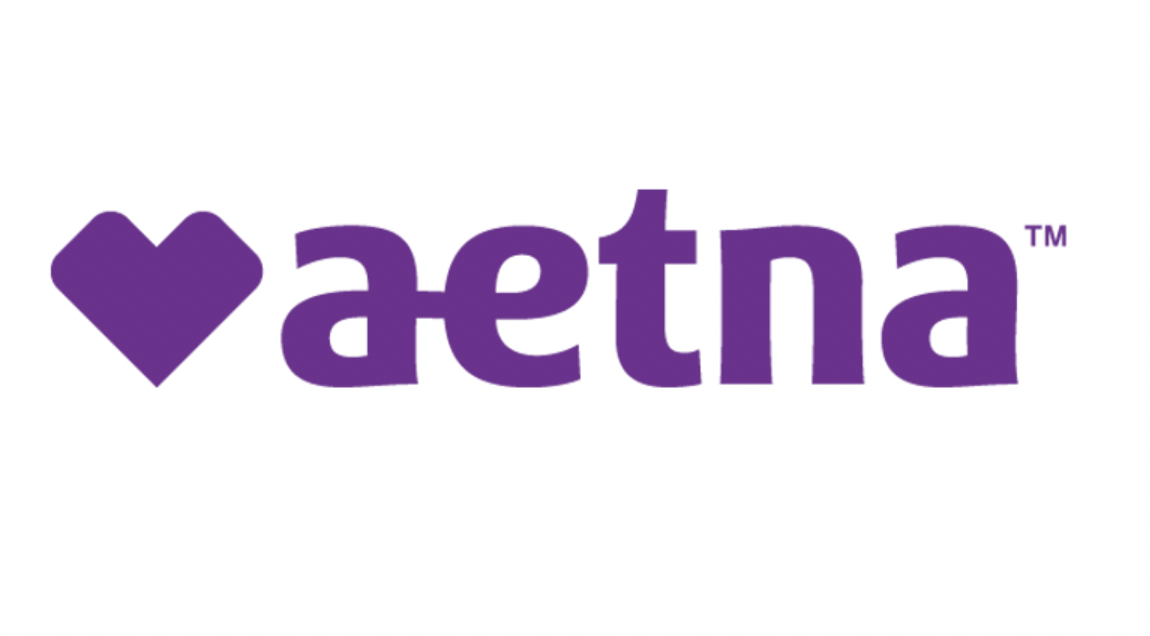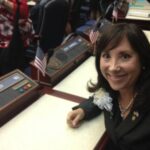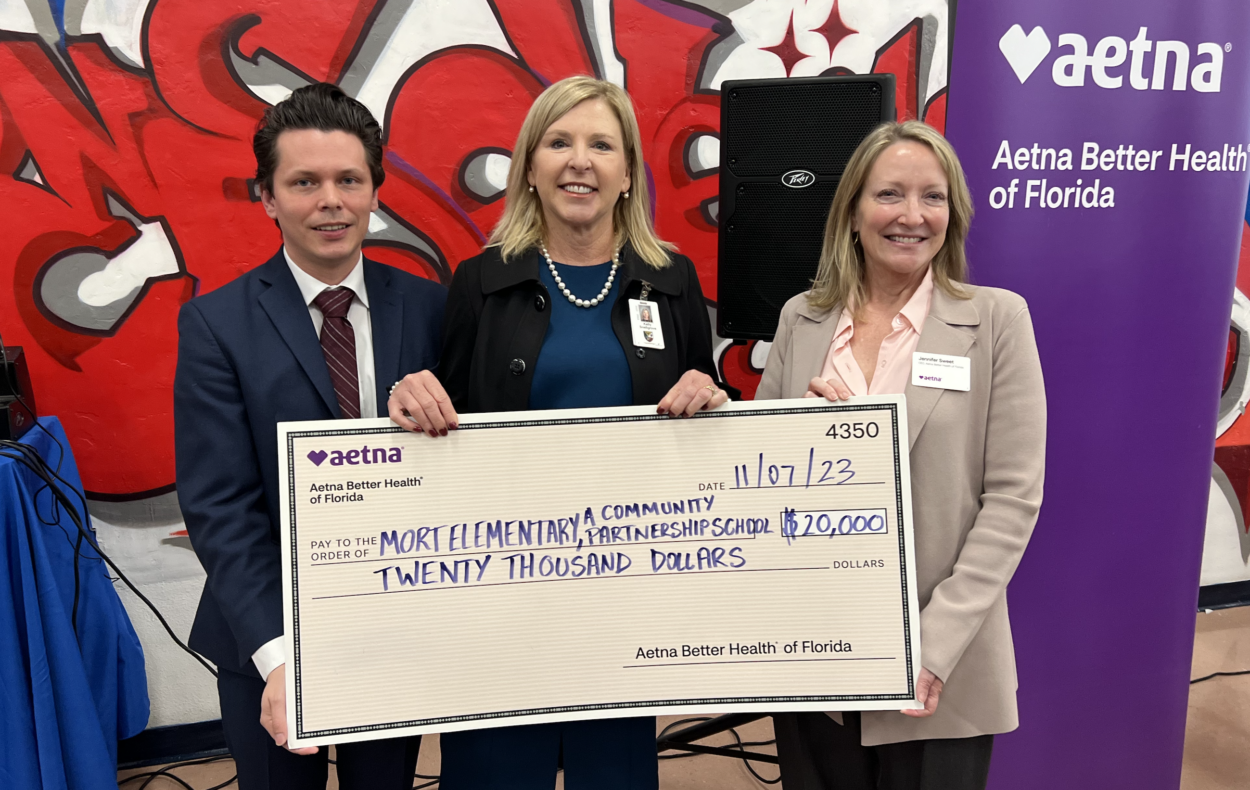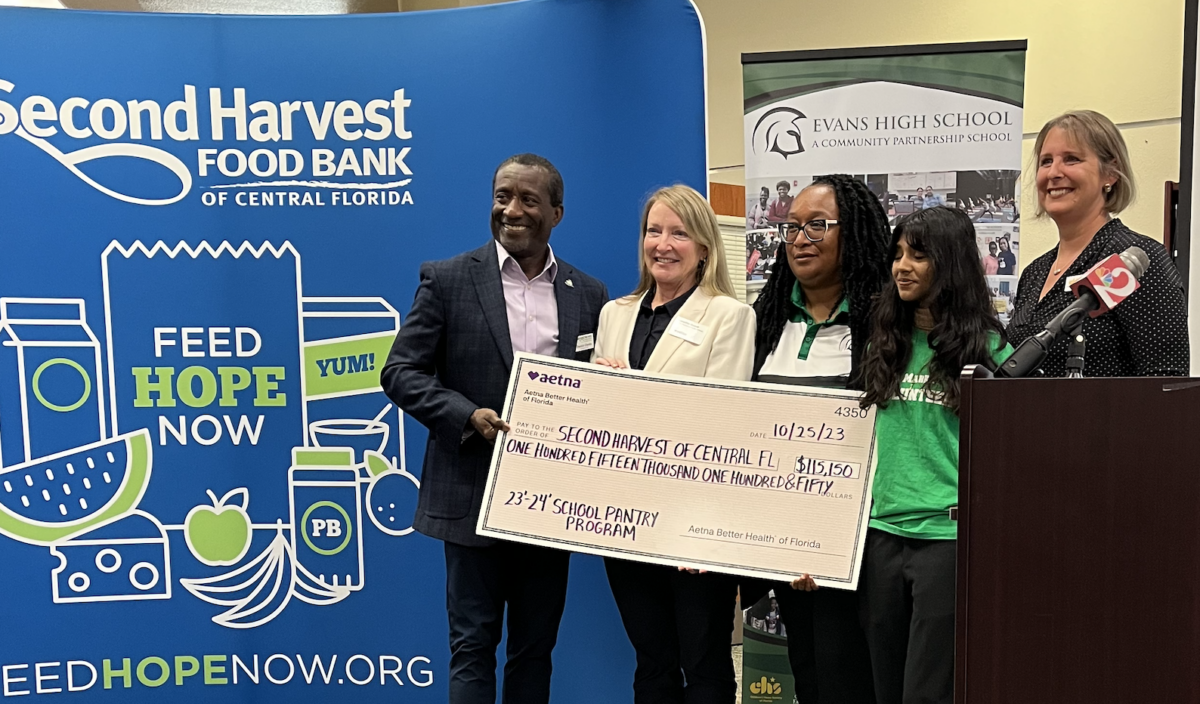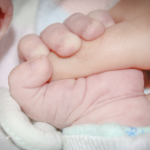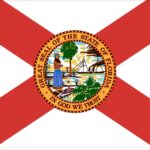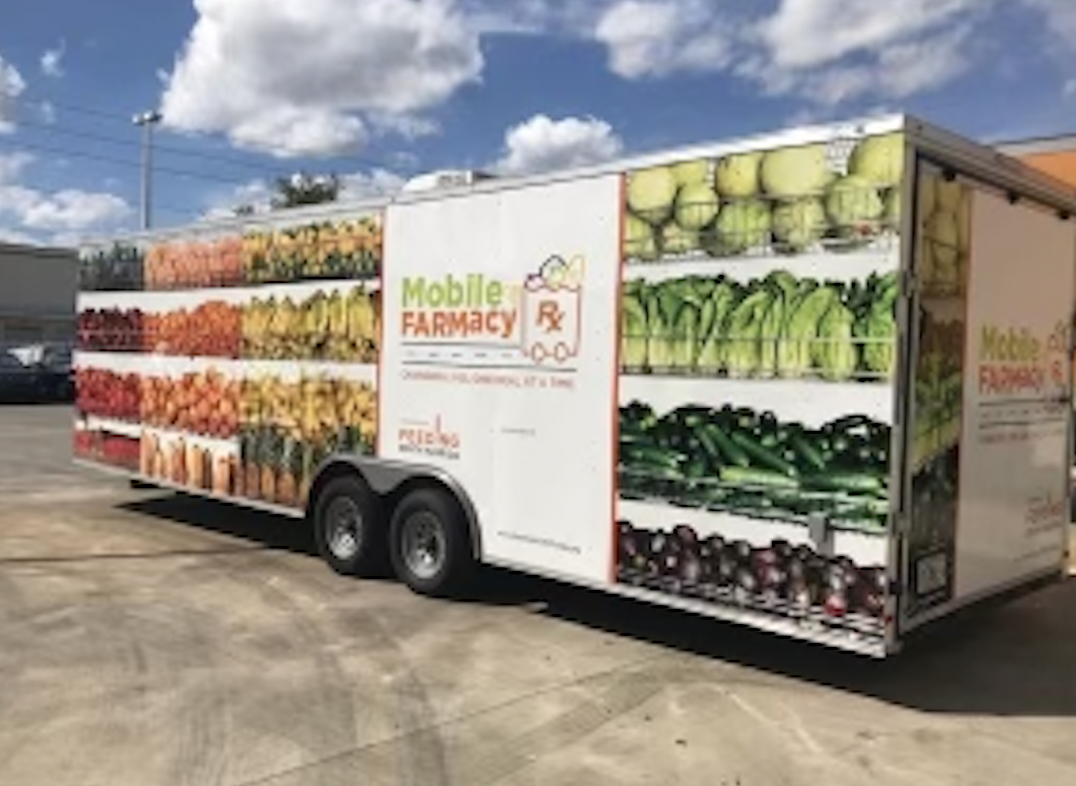October is Breast Cancer Awareness Month, and to honor it, The Floridian's Publisher Javier Manjarres spoke with Dr. Miguel Fernandez, Chief Medical Officer for Aetna Better Health Florida. Dr. Fernandez describes the causes and means of detecting breast cancer, along with how Aetna provides treatment and support to those who are fighting their own cases.
What does Aetna and other groups do for Breast Cancer Awareness Month?
Fernandez describes how Aetna and other Florida insurance companies promote breast cancer awareness. "We do a lot of work in terms of even outside breast cancer awareness. We do a lot of work on making sure that our members; both female and male, because males can get breast cancer too, although rare, it does happen; but we make sure that they understand the importance of self-breast exams, we keep reinforcing not only directly, but through our providers as well."
He talks on how important it is for members to perform their own breast exams once a month, and to be aware of how they change in specific instances such as periods or pregnancy. After all, Fernandez has told his patients that "I would rather have a hundred misses of something that you think was there that we checked out and was nothing than to miss the one that we wish we had caught. Early detection is really directly proportional to successful treatment. The earlier we can get them, the easier treatments are, less invasive, the more chance of them getting cured versus misdiagnosis or delay in diagnosis could lead to worsening disease or more aggressive treatments that may or may not work as well as if we caught it earlier. So we do that on a regular basis."
"But when it comes to Breast Cancer Awareness Month, we kick it up a bit," says Fernandez. He spoke of how Aetna partnered with the Susan Komen Foundation in September to host the Breast Cancer Awareness Walk in Miami-Dade and Broward Counties. Moreover, attendance is personal, as Aetna staff walk with their patients. "Showing them a physical presence of support for the importance of breast cancer awareness, early screening, early detection, treatment, and leading a healthy life with a condition that could otherwise be pretty serious," as he describes it.
You mention men getting breast cancer. Are the risks different compared to those for women?
"The risks are not that different, " answers Fernandez. "Smoking's a big one, of course. If a man has a condition called gynecomastia, as they're growing up; and they're developing; and hormones pick up for both females and males, the small amount of breast tissue that men have can become inflamed, can become painful, and sometimes can degenerate into a cancerous growth. But the majority of the risk factors are the same. It's a healthy life, it's not to smoke, it's being mindful of environmental conditions and family history."
In addition to self-examination, what other means to detect breast cancer early exist?
Fernandez says education and decreasing stigma around breast screening is key. Additionally, he says that having a friend or family member serve as a reminder of when to engage in examination is a great way to ease the anxiety that comes with exams, both on oneself and at the doctor's. "Once you do that and you get folks to embrace the mindset that "this is important and I am the biggest contributor and advocate of finding something early, and improving my chances of recovery and survival," is paramount." Likewise, Fernandez adds that it is better for women to embrace this mindset during puberty as the breasts develop.
Let's say someone I know gets breast cancer. How does Aetna help us?
While Fernandez says Aetna has a "care management safety net" through which patients can call case managers can get advice. Nonetheless, he advises a formal exam should be done first. "And if they are diagnosed with breast cancer," Fernandez advises, "we make sure that they are connected with an oncologist, our surgeon, any other providers they may need, as well as providing local support groups in the area where folks have been through this, and know what to expect. So that they know they're not alone, because it can be a pretty daunting piece of news to get the "c-word." And then you feel like you're just in an island, and nobody else is around. But there are several people who have not only had it, they've probably had it worse than you, and they have done well. So there is hope, and that's what these support groups do."
Does Aetna do anything unique compared to other healthcare providers, such as Blue Cross or United, in regards to breast cancer?
To this, Fernandez answers that Aetna has a great relationship with Moffett Cancer Center in Tampa, who treated First Lady Casey DeSantis. "That's a center of excellence. We know that this is the place where they're going to get the best kind of treatment they can for their situation," he says.
Any additional comments you would like to make?
Dr. Fernandez's takeaway message from our interview is to "take breast cancer screening very, very seriously. Don't take it for granted. Make sure you're becoming educated either through the new information we provide you. Or if you need more information, give us the call. Talk to your doctors. Make sure, get a "breast buddy," make sure that you are aware and in the know, and educated. Make sure you're doing your monthly breast exam, make sure you're connected with your doctor. If there's anything you find that isn't what your breasts have normally felt like, something new, a mass, or something, immediately get with your provider. Get into the system, get it taken care of, so you know what it is. And the earlier you do that, the better chance you have of either having cure, or if you do have a more serious condition, living well with that condition."
Earlier this year, First Lady Casey DeSantis announced that she had finished her cancer treatment and was given a clean bill of health. State Senator Tina Polsky has also been battling breast cancer.

